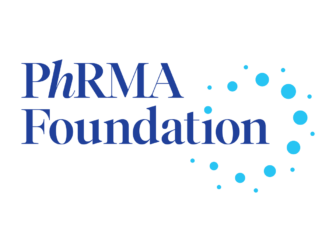Karen Mulligan, PhD

Incorporating Patient Preferences for Risk into the Value of Treatment for Diabetic Macular Edema
Summary
Cost-effectiveness analysis (CEA) is a method for assessing the costs and health outcomes associated with health care interventions that is commonly used to guide coverage and pricing decisions. Yet concerns remain that CEA omits important elements of value such as equity and potentially discriminates against the aged, disabled, or terminally ill.
The generalized risk-adjusted cost-effectiveness (GRACE) model addresses these issues but has remained theoretical to date because key parameters measuring patient risk preferences over health have been unknown. Risk preferences are estimated by examining how individuals make treatment decisions, such as when deciding between an option with a certain health outcome versus an option with an uncertain outcome.
This study will present an application of GRACE using recently published estimates of risk preference parameters. In particular, we will estimate the value of treatments for diabetic macular edema, an eye condition that affects nearly 1.1 million people in the U.S. and is the most common cause of vision loss among adults with diabetes. A comparison of value estimates from GRACE and CEA will enhance our understanding of how decision-making will change as we account for patient preferences for risk and adjust for disability and disease severity.
I am grateful for the support of the PhRMA Foundation Mid-Career Faculty Grant. This grant will provide me with the financial resources to expand my research related to generalized cost-effectiveness analysis.

